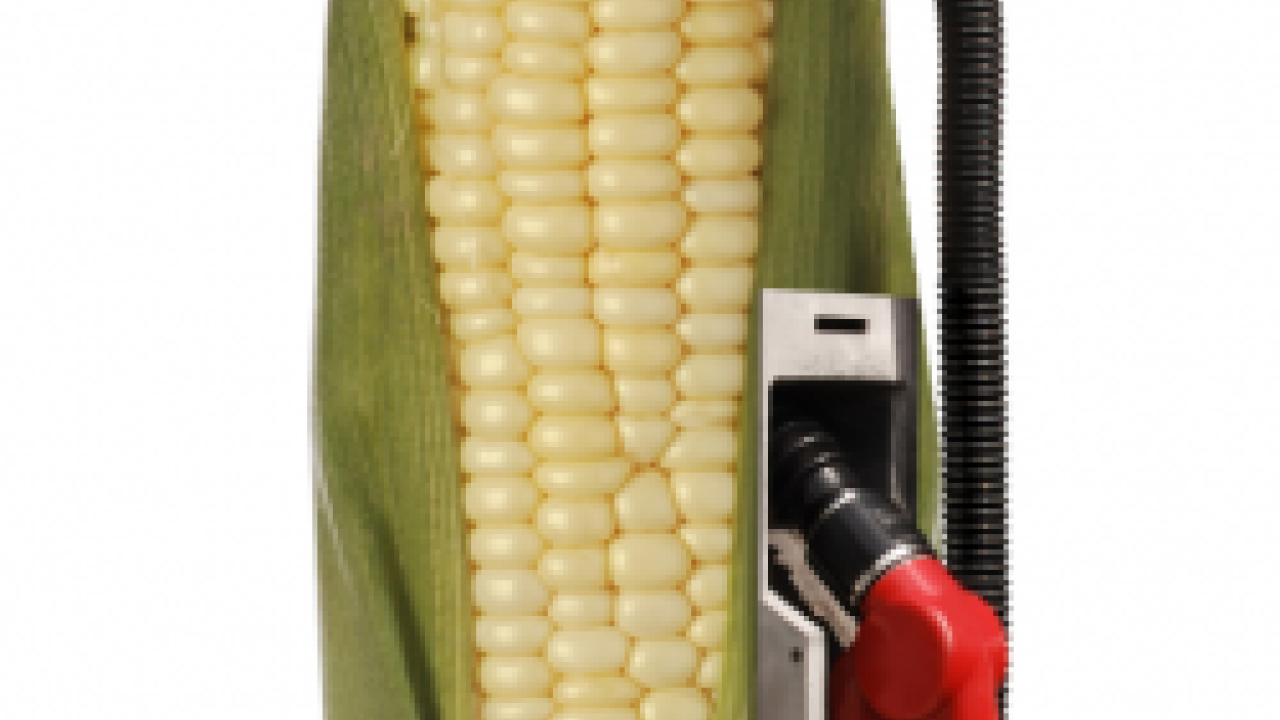
Hopes for comprehensive legislation to combat climate pollution evaporated Thursday (July 22) after months of wrangling in the Senate. In its place Senate leaders are proposing what is being billed as an “oil-spill only” bill with a few added energy provisions.
The National Corn Growers Association, having gone all-in with the Renewable Fuels Association and the American Coalition for Ethanol in an effort to extend the soon-to-expire and increasingly politically untenable ethanol tax credit, instantly pivoted to attack proposed tax incentives for natural gas. As reported in the Wall Street Journal:
Some business groups are also rallying to defeat the provisions related to natural gas.
On Thursday, hours before Mr. Reid spoke to reporters, more than five dozen trade groups and corporations representing farmers and manufacturers — including Dow Chemical Co., the National Corn Growers Association and Kimberly-Clark Corp. — released a letter calling on the Senate not to include any provisions in energy legislation that would “artificially” increase demand for natural gas in the power and transportation sectors — an apparent reference to Mr. Reid’s support for tax breaks for purchasers of natural gas vehicles and incentives to build natural gas fueling stations.
Those provisions have been championed by some natural gas producers, which have pointed to the growing domestic discoveries of natural gas as evidence that natural gas can provide the U.S. economy with a “bridge fuel” from oil to lower-carbon sources of energy. In their letter Thursday, however, the corporations and farm groups said they worry such incentives — along with potential new state and federal regulations on shale drilling — could result in a supply crunch, causing higher electricity prices and the shift of more domestic manufacturing jobs to foreign countries.
Now this post is in no way an endorsement of more government support for natural gas. If anything, the federal government needs to do a better job of regulating the environmentally damaging methods being used to pull the stuff out of the ground. The reckless drilling that has left as many as 15 families unable to drink their water in Dimock, Pennsylvania is just one example out of many in which gas drilling is linked to contaminated water supplies.
Right now the national conversation on energy needs to be about efficiency and conservation, but the corn lobby has embarked on a blatant effort to win tax dollars to build up corn ethanol while fighting competitors’ efforts to obtain public support for their fuels and expand their market. Has there ever been a more “artificial” market for a fuel than the one created by the redundant Renewable Fuel Standard mandate for ethanol and the ethanol tax credit?



